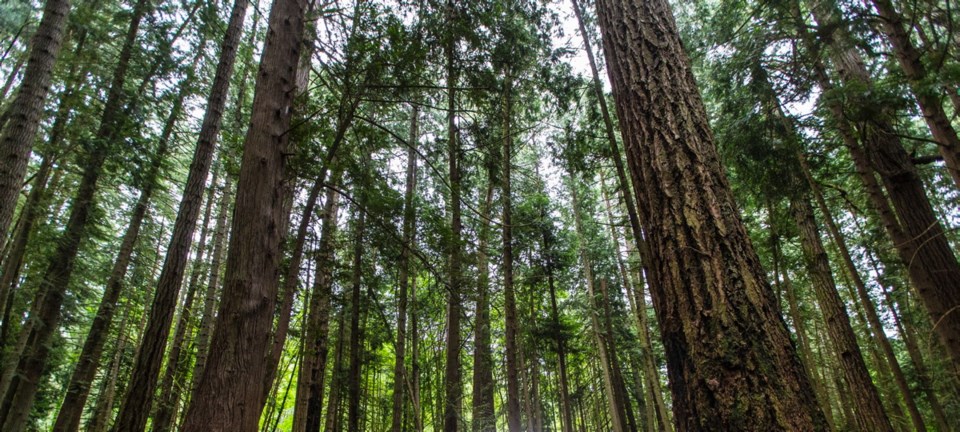The COVID-19 pandemic has brought stress, hardship, pain and loss to many of us. It also brings into sharp focus what is most important: taking care of each other and our communities. In the midst of this crisis, we have an opportunity to look at our society and ask, are we doing that as well as we could?
If we look at this in the context of forests, the stress and uncertainty of the current moment is somewhat familiar.
For forest communities and families depending on the industries these ecosystems support, the last year has been a grim one between declining markets, curtailments and mill closures, labour disputes and more. Next year’s outlook wasn’t much brighter, even before the pandemic started. The health of forestry is directly related to the condition of the forests which, after decades of over-cutting, is also critical.
After almost half a century of loggers and tree-huggers being pitted against one another and told our interests are competing, both sides are now dejected and worried.
We’ve been sold a lie, both by greedy corporations and short-sighted governments, that protecting forests comes at the expense of stable jobs. And now we don’t have enough of either.
Most egregiously, the rightful title-holders of all forests in B.C. have been largely excluded and pushed aside, despite having larger stakes in both rural economic development and the health of ecosystems. In an era when decolonization and fixing this province’s fraught relationship with Indigenous peoples must be our greatest moral priority — this has to change.
Calls from forest industry workers are loud and clear: the current status quo of closure, decline and job loss is unacceptable. And late last year, the B.C. government acknowledged its approach on old-growth forests is also broken and ordered a comprehensive review.
The old-growth strategic review was an unnecessary step: the scientific rationale and public support for protecting old-growth forests is already well-established. But admission of the problem on the part of government is the first step towards solving it.
The panel charged with conducting the review submitted its report to cabinet on April 30. Over the next six months the Horgan government is set to deliberate it and decide what changes to make.
The continued response to and recovery from COVID-19 is of course the focus for all governments. At the same time, given the need to largely reboot and rebuild all sectors of the economy, Premier John Horgan and Minister of Forests, Lands and Natural Resource Operations and Rural Development Doug Donaldson should seize this opportunity to set the framework for and invest in a model of forestry that can actually be sustained.
And we know that won’t include old-growth logging. Ancient forest ecosystems have developed and evolved over millennia, containing individual trees more than a thousand years old that cannot be replaced by replanting.
Old-growth forests are non-renewable.
We can’t rebuild healthy, sustainable rural economies around finite resources that are already heavily depleted. The reality is the future of forestry in B.C. is the management and use of trees planted by humans.
Fortunately, the benefits of transitioning the industry to renewable forests and protecting intact nature goes far beyond economic sustainability.
Amidst COVID-19, leading scientific bodies are calling for the protection of natural ecosystems to guard against the emergence of more deadly pandemics.
Old-growth forests also have a huge role to play in addressing the greatest threat we face: climate change. Original forests in western North America are one of a handful of ecosystem types that store vast amounts of what experts call “irreplaceable carbon.” Protecting these forests will keep carbon in the biosphere and out of the atmosphere.
No serious climate strategy for B.C. can exclude the conservation of remaining old-growth forests.
The Horgan government must re-write policies and legislation and then make investments to enable forest management based on returning land and tenure to First Nations, protecting non-renewable old-growth and sustainably harvesting and processing second and third-growth forests. These are ambitious goals.
But the last few months show us nothing is impossible.
The swift response to the COVID-19 crisis shows we are capable of completely changing our approach and direction and prioritizing our health and our communities above everything else.
Few things are as important to B.C., ecologically and economically, culturally and spiritually, as healthy forests.
Let’s seize this moment to prioritize them.
Torrance Coste is national campaign director for the Wilderness Committee.



